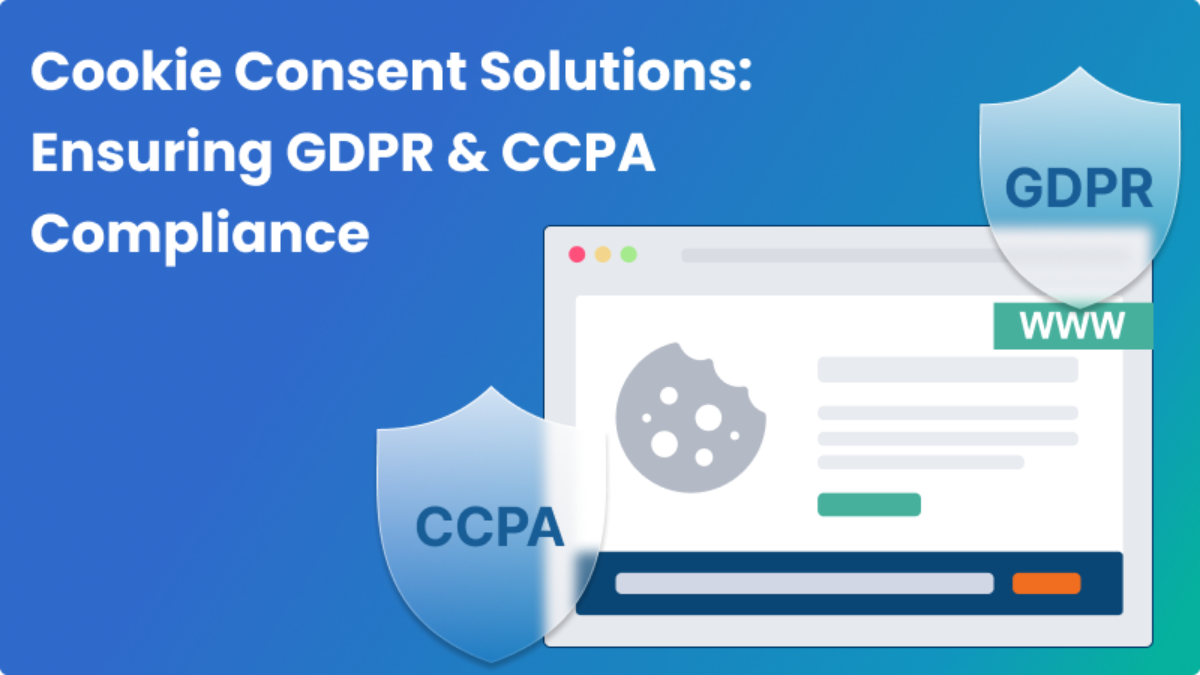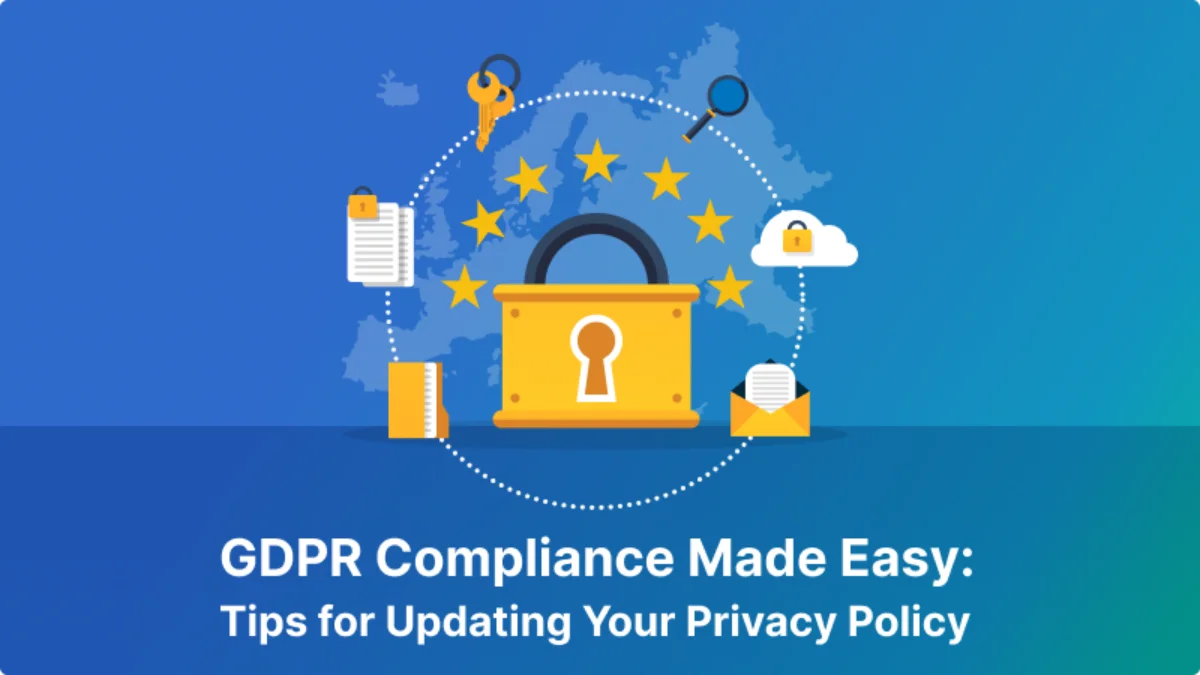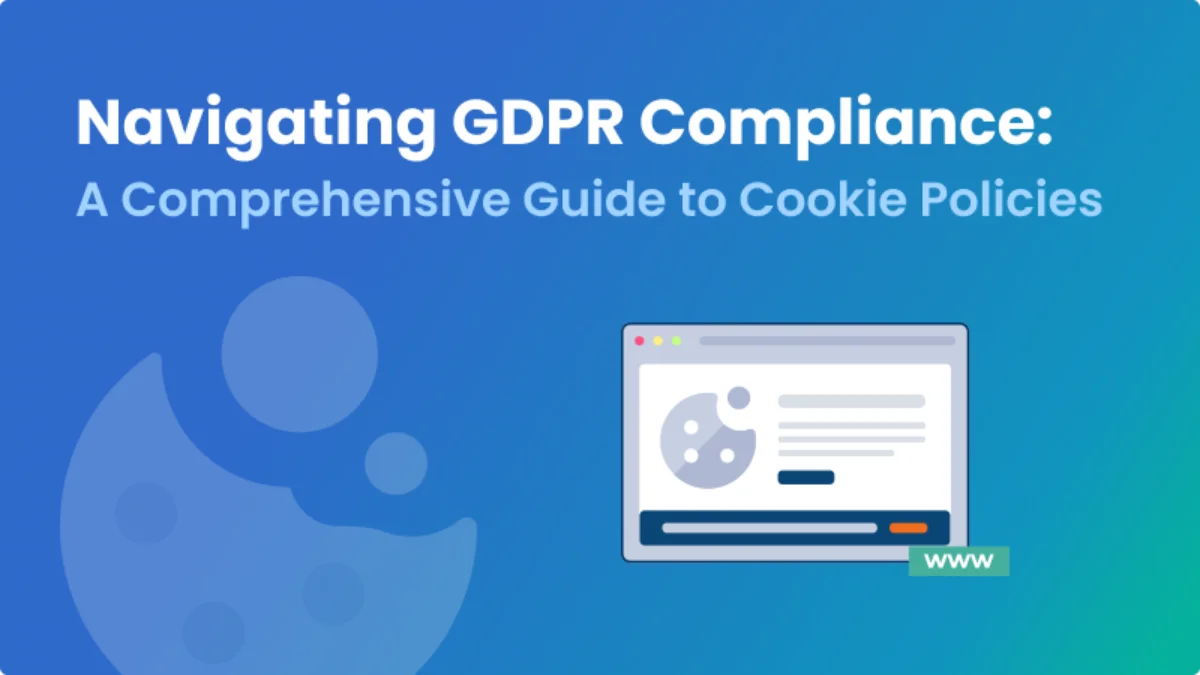Nigeria NDPR vs Europe GDPR : Key Similarities & Differences

What is NDPR & GDPR
In an era where data drives business and technological advancements, data privacy has become a paramount concern for individuals and organizations alike. Two significant data protection regulations that have garnered global attention are the General Data Protection Regulation (GDPR) and the Nigerian Data Protection Regulation (NDPR). In this blog, we’ll explore the key differences and similarities between these two NDPR Vs GDPR regulations, shedding light on their impact on data privacy in Europe and Nigeria.
Understanding GDPR
The GDPR, which came into effect in May 2018, is a comprehensive data protection regulation applicable to the European Union (EU) and European Economic Area (EEA) countries. Its primary goal is to give individuals more control over their personal data while placing specific responsibilities on organizations that collect, process, or store this data. Exploring GDPR in Nigeria, one finds that although the European regulation doesn’t directly apply, the nation has established NDPR to address and regulate data protection practices locally.
Understanding NDPR
The Nigerian Data Protection Regulation, enacted in January 2019, is Nigeria’s response to the growing need for data protection. It’s inspired by GDPR but tailored to Nigeria’s specific legal and business landscape. NDPR in Nigeria sets forth robust data protection regulations, ensuring a secure framework for handling personal information within the country.
NDPR vs GDPR : Key Differences
Let’s now see the difference between the Applicability of NDPR & GDPR In Nigeria.
Geographical Scope
- GDPR has a broader geographical scope, while NDPR primarily focuses on Nigeria but also applies to international entities processing Nigerian data.
Individuals Protected
- The NDPR applies to all Nigerian citizens residing in or outside Nigeria.
- The GDPR applies to any individual or person who is a resident in the EU or EU citizens.
Data Processing Records
- It is not mandatory for data controller or the processor to maintain a record of processing activities under NDPR.
- Data controllers and data processors have an obligation to maintain a record of processing activities under GDPR.
Data Transfers
- GDPR has specific rules for transferring data outside the EU/EEA, whereas NDPR doesn’t address this in the same detail.
NDPR vs GDPR Similarities
Similar But in Different Ways
Data Protection Officers
Privacy officers are must for NDPR as well as GDPR compliance.
Legal Basis for Processing Data
Both NDPR and GDPR provides few legal bases for processing.
Reporting data breaches
Both NDPR and GDPR requires the data breaches to be reported.
Damages / Fines
Here’s how NDPR and GDPR fees for damages differ.
For data subjects greater than 10,000: 2% of annual gross revenue of the preceding year or payment of the sum of NGN 10 million (approx. €25,000), whichever is greater.
For data subjects fewer than 10,000: payment of a fine of 1% of the annual gross revenue of the preceding year or payment of the sum of NGN 2 million (approx. €5,000) whichever is greater.
Six lawful bases of processing for NDPR:
- Performance of a contract
- Legitimate interest
- Consent
- Public interest
- Vital interest
- Legal obligation
Six lawful bases of processing for GDPR:
- Consent
- Contractual necessity
- Compliance of legal obligation
- Necessary to protect vital interest of data subjects
- Public interest
- Legitimate interest pursued by the controller or by a third party
Nigeria's Data Protection Law in 2023
As the regulatory landscape evolves, organizations should stay informed about amendments to the Nigeria Data Protection Law in 2023 and any updates to the Nigerian Data Protection Act 2023. Compliance with these changes will be essential to maintain data protection standards.
Implications for NDPR Compliance
For Nigerian organizations, ensuring NDPR compliance is crucial. This involves appointing a NDPR compliance officer, conducting data protection assessments, and implementing appropriate safeguards for personal data. Consider using NDPR compliance software to streamline these efforts and meet the requirements of the Nigeria Data Protection Regulation.
Conclusion
In conclusion, while GDPR and NDPR share common goals of safeguarding individuals’ data privacy, they have distinct scopes and approaches due to their regional and legal contexts. Organizations must understand and adhere to the specific regulations that apply to their operations to ensure compliance and protect the privacy of data subjects. Whether you’re operating within the EU/EEA or Nigeria, data privacy is a fundamental right that demands careful attention and adherence to the relevant data protection regulations.

















